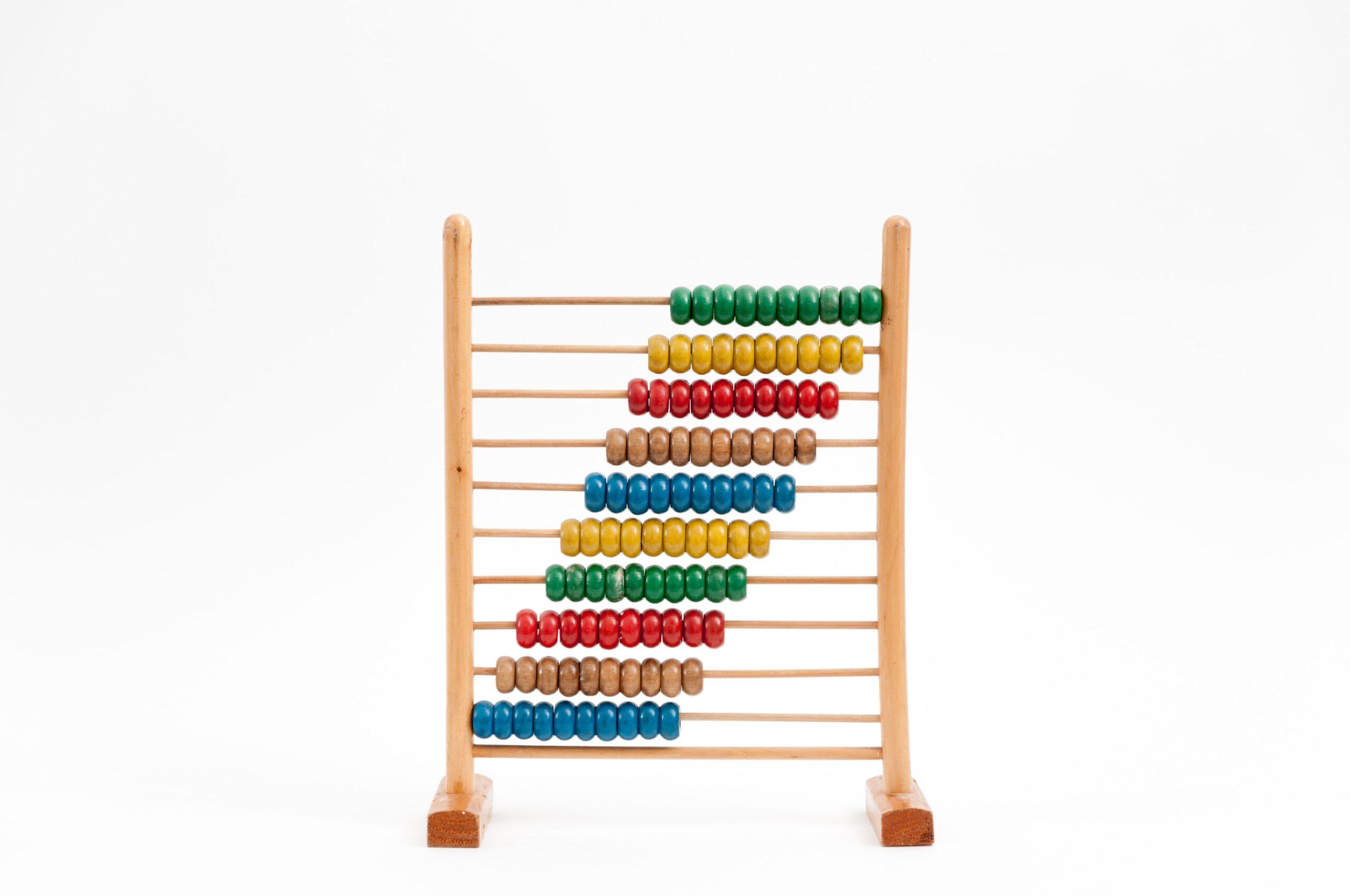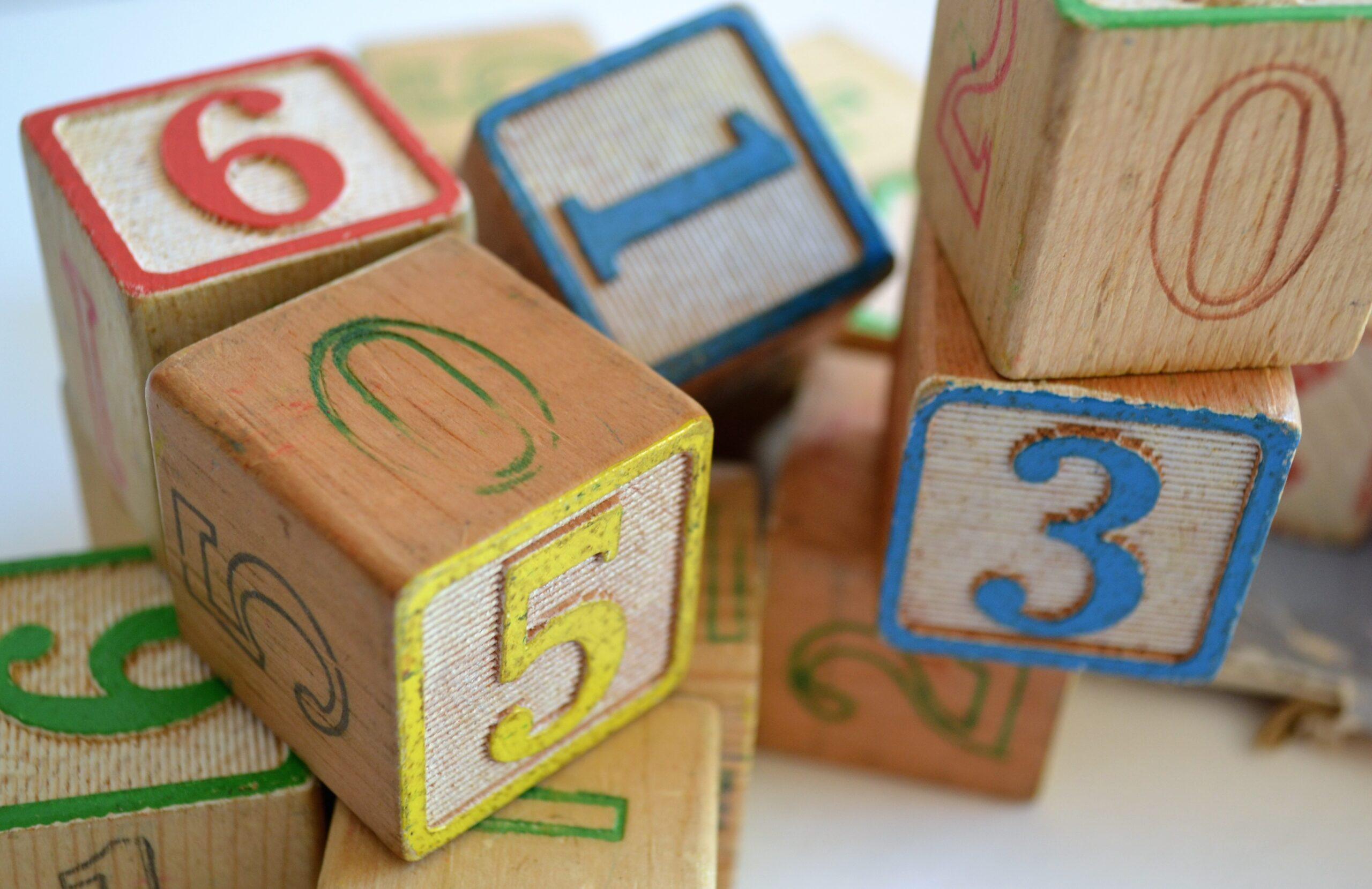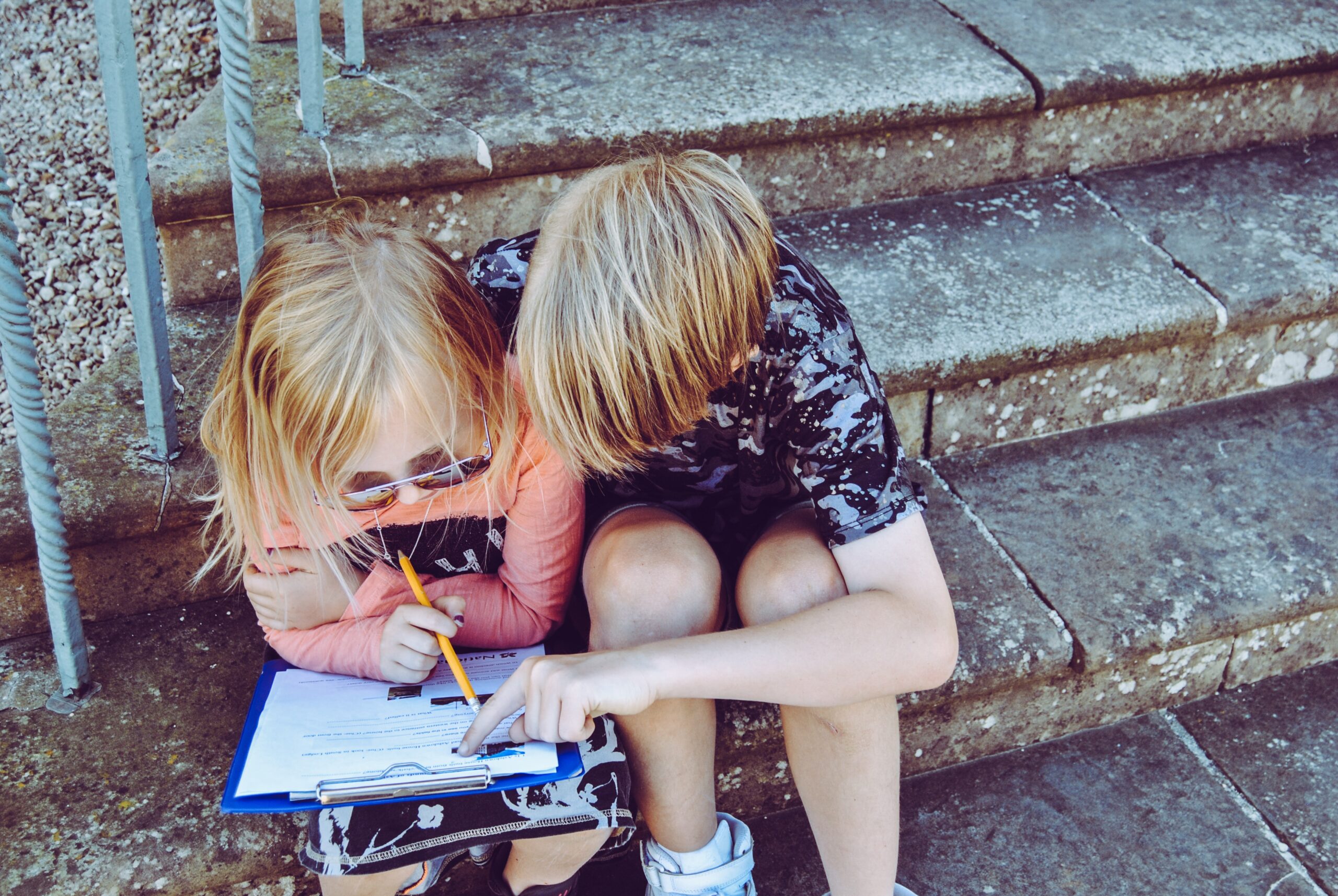Did you know: Math majors are in demand in fields ranging from national security and law enforcement to technology and education? Or that a lot of math majors work in finance, making big bucks despite the current economy? Have you heard that mathematicians typically rank highly on job satisfaction surveys?
Knowing this, how do you foster a lifelong love of math in your children? You can start enhancing math concepts and appreciation this summer by motivating children to mix mathematics play with their school vacation.
Budgeting Time and Money
Any trip, whether a week-long vacation or a quick escape to the movies, presents an opportunity to involve your child in the basic budgeting decisions you make. Share with your child how much money you can spend for the outing. Work together to list both necessary expenses and any wish list items.
Estimate the costs of each expense and add up the numbers. Do you have enough money to cover the costs? What can you do to avoid spending more than you want to? Working with your child to make a budget builds smart money-management skills.
Learning to budget time is also an important skill. How much total time will you have on your vacation? How do you want to spend it? Aid your child in figuring out how much time you will have at your destination. Brainstorm the activities you and your child want to do, along with how long you think each will take. Collaborate to create a rough plan listing which activities you’ll do first and which you’ll leave for later (in case things take longer than you expect). This planning gives your child experience with estimating how much time an activity takes and using that estimation to determine start and stop times on both the clock and the calendar.
Writing a Travel Journal
Before you leave for a day trip or destination, invite your child to join you in making a travel journal. Designate pages for keeping track of your expenses and for recording each of the activities you plan to do. Include section headers such as “Our Plan” and “What We Did.” Add pockets for storing maps, photos and other mementos. This engaging activity enables your child to practice planning, time management and memory skills, while stimulating creativity.
Tackling Math on the Road
License plate numbers on passing cars offer an entertaining challenge: How could you scramble the numerals to make the largest possible number? How about the smallest? For example, a plate with the numerals 7, 8 and 3 could be scrambled to make 873 for the largest number and 378 for the smallest.
A game like this gives your child practice with place value— how a number’s value changes when numerals are switched to different places.
How fast are you moving? Instead of thinking in miles per hour, enjoy figuring out your speed using silly units of measure. Help your child to find something that passes by at regular intervals as you move along. You could use telephone poles, fence posts, mile markers or other fixed objects that keep appearing. As you travel, one person counts markers while the other person clocks your travel for a minute. How fast did you go? Forty poles per minute!
Playing “I Spy” Math
Play “I Spy” with a mathematical twist. Pick an object and consider a clue that would lead your child to that object by examining its shape, size or other attributes. For an orange, you could say “I spy a sphere” (practicing geometry). A clue for a baseball bat could be “I spy something about three feet long” (practicing measurement). And a clue for a striped blanket could be “I spy a pattern” (practicing algebraic thinking).
Encourage your child to look around to figure out what it was you spied. Once your child spies the object you’ve chosen, switch roles and invite your child to spy something for you to look for.
Enjoying Math at Home
When you prepare a meal, ask your child to help you ascertain the amount of cooking time that’s needed. Working backward from how long each dish takes to prepare and cook, what time should you start each dish so everything is ready at the same time? Have your child assist you in composing a schedule to follow. This activity prompts your child to estimate how much time it takes to make each part, or fraction, of a meal. Your child then gets experience in determining how to manage time against the clock.
For another home activity, designate a bedroom as a special place. As kids grow, many like to rearrange their bedrooms to suit their “maturing” personalities. Motivate your child to think about ways to rearrange the bedroom furniture to make more space to play, read or do another activity. Help your child measure and record the size and shape of the bedroom, along with the room’s furniture. Then help your child draw the room and furniture (or make a model) to scale. You can also use cut-outs representing the furniture, giving your child a hands-on way to easily rearrange the room. This way, once you’ve found the arrangement you both like, you only have to move the furniture once.




